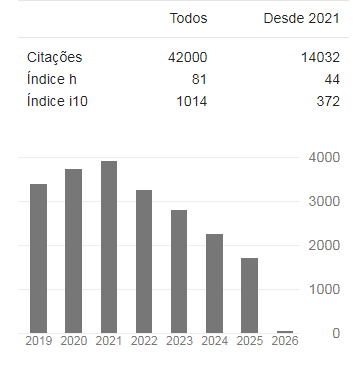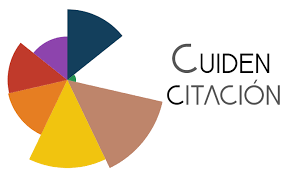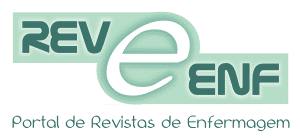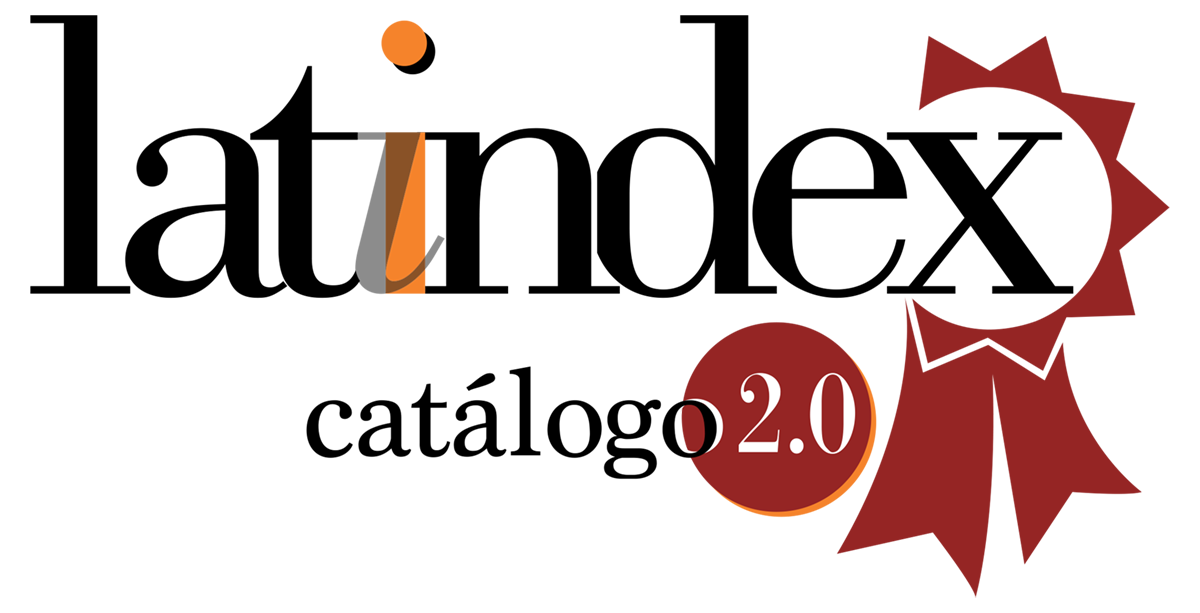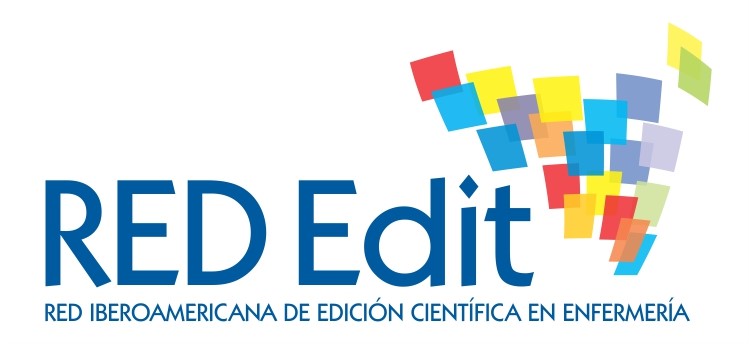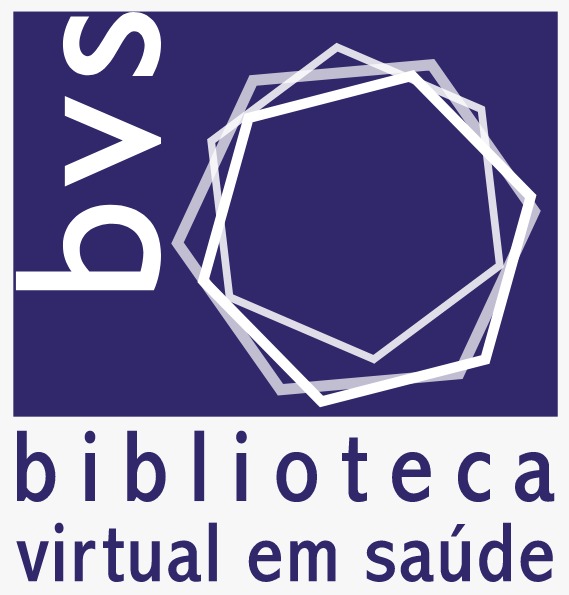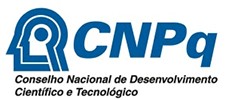Community of inquiry as a theoretical model of teaching applied to nursing
DOI:
https://doi.org/10.5935/1415-2762.20170076Keywords:
Education, Nursing, Learning, Education, DistanceAbstract
Objective: to present the Community of Inquiry (CoI) model as a possible reference in the guidance and evaluation of actions developed in a virtual environment, either in distance or semi-presential mode, in Nursing teaching in different contexts. Method: theoretical reflection study with the description of the CoI and reports on higher education in Nursing. Results: In this model three central elements are proposed – social presence, cognitive presence and the presence of teaching – that give sustainability to the collaborative constructivist learning in a virtual environment. It also has an instrument that evaluates in 34 questions these three presences. CoI has already been used in the planning and evaluation of activities in higher education in Nursing that use the integrated distance and presence modalities. Conclusion: The model has an extended evaluation of the teaching actions, in which face and distance are added, offering the best in each of these modalities. Similarly, presences of teaching, social and cognitive privilege the interactionist and collaborative work highlighting fundamental actions of Nursing training.
Downloads
References
Mills J, Yates K, Harrison H, Woods C, Chamberlain-Salaun J, Trueman S, et al. Using a community of inquiry framework to teach a nursing and midwifery research subject: an evaluative study. Nurse Educ Today. 2016[citado em 2017 mar. 28];43:34-39. Disponível em: http://www.nurseeducationtoday.com/article/S0260-6917(16)30041-7/pdf
Garrison DR, Anderson T, Archer W. Critical inquiry in a text-based environment: Computer conferencing in higher education. Internet High Educ. 2000[citado em 2017 mar. 28];2(2-3):87-105. Disponível em: http://cde.athabascau.ca/coi_site/documents/Garrison_Anderson_Archer_Critical_Inquiry_model.pdf
Morueta RT, López PM, Gómez AH, Harris VW. Exploring social and cognitive presences in communities of inquiry to perform higher cognitive tasks. Internet High Educ. 2016[citado em 2017 mar. 28];31:122-31. Disponível em: http://dx.doi.org/10.1016/j.iheduc.2016.07.004
Stephens M, Hennefer D. Internationalising the nursing curriculum using a Community of Inquiry Framework and blended learning. Nurse Educ Pract. 2013[citado em 2017 mar. 28];13:170-5. Disponível em: http://dx.doi.org/10.1016/j.nepr.2012.08.010
Phillips D, Forbes H, Duke M, Teaching and learning innovations for postgraduate education in nursing. Collegian. 2013[citado em 2017 mar. 28];20(3). Disponível em: http://dro.deakin.edu.au/view/DU:30046109
Arbaugh JB, Cleveland-Innes M, Diaz SR, Garrison DR, Ice P, Jennifer C, et al. Developing a community of inquiry instrument: testing a measure of the community of inquiry framework using a multi-institutional sample. Internet High Educ. 2008[citado em 2017 mar. 28];11:133-6. Disponível em: http://dx.doi.org/10.1016/j.iheduc.2008.06.003
Teixeira A. Bases da teoria lógica de Dewey. Rev Bras Estudos Pedagógicos.1995 [citado em 2017 mar. 28];23(57):3-27. Disponível em: http://www.bvanisioteixeira.ufba.br/artigos/bases.html
Yu T, Richardson JC. Examining reliability and validity of a Korean version of the Community of Inquiry instrument using exploratory and confirmatory factor analysis. Internet High Educ. 2015[citado em 2017 mar. 28];25:45-52. Disponível em: http://dx.doi.org/10.1016/j.iheduc.2014.12.004
Diaz SR, Swan K, Ice P. Student ratings of the importance of survey items, multiplicative factor analysis and the validity of the Community of Inquiry survey. Internet High Educ. 2010 [citado em 2017 mar. 28];13(1-2):22-30. Disponível em: https://www.ideals.illinois.edu/bitstream/handle/2142/18716/CoI%20Discontinuity.pdf?sequence=2
Burgess ML, Slate JR, Rojas-LeBouef A, Prairie KL. Teaching and learning in Second Life: using the community of inquiry (CoI) model to support online instruction with graduate students in instructional technology. Internet High Educ. 2010[citado em 2017 mar. 28];13:84-8. Disponível em: http://dx.doi.org/10.1016/j.iheduc.2009.12.003
Rubin B, Fernandes R, Avgerinou MD. The effects of technology on the community of inquiry satisfaction with online courses. Internet High Educ. 2013[citado em 2017 mar. 28];17:48-57. Disponível em: https://doi.org/10.1016/j.iheduc.2012.09.006
Moreira JA, Ferreira AG, Almeida AC. Comparing communities of inquiry of Portuguese higher education students: one for all or one for each? Open Praxis. 2013[citado em 2017 mar. 28];5(2):165-78. Disponível em: http://www.openpraxis.org/index.php/OpenPraxis/article/viewFile/50/34
Carlon S, Bennett-Woods D, Berg B, Claywell L, LeDuc K, Marcisz N, et al. The community of inquiry instrument: validation and results in online health care disciplines. Comp Educ. 2012[citado em 2017 mar. 28];59(2):215- 21. Disponível em: http://dx.doi.org/10.1016/j.compedu.2012.01.004
Pecka SL, Kotcherlakota S, Berger AM. Community of inquiry model: advancing distance learning in nurse anesthesia education. AANA J. 2014[citado em 2017 mar. 28];82(3):212-8. Disponível em: http://www.aana.com/aanajournalonline
Published
Issue
Section
License
Copyright (c) 2018 Reme: Revista Mineira de Enfermagem

This work is licensed under a Creative Commons Attribution 4.0 International License.



